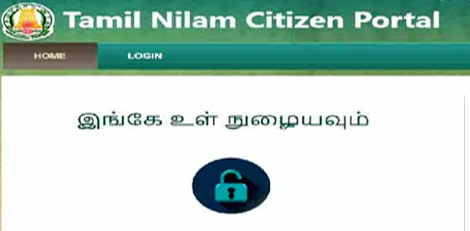Facts and preventive measures which everyone must know to avoid contracting AIDS
Posted on: 02/Dec/2020 1:43:02 PM

Every year on December 1st, World AIDS Day is observed around the world to garner more public attention regarding HIV/AIDS and motivate more number of people and organizations to take active steps towards ending this pandemic. This year the theme of world AIDS day 2020 is ending the epidemic: Resilience and impact which is a call to all the organizations and individuals around the world to raise awareness about this epidemic, increase the knowledge about this disease and speak out against the prevailing HIV stigma.
With the increased efforts undertaken to raise public awareness about HIV and AIDS in the last decade, contracting the human immunodeficiency virus is no longer considered as a death sentence in the developed countries and patients suffering from these diseases now have access to proper medical care. However, even though the awareness about AIDS and HIV has increased but still millions of people around the world continue to contract HIV and die of the last stage of the virus�s infection: AIDS.
Therefore, as this pandemic continues to impact human life, it is has become extremely important for people understand the various facts related to the disease �
1. How can you contract HIV and how does it spread?
- One can contract HIV due to several reasons �
- Contact with one�s body fluids like blood, semen, pre-seminal fluid, vaginal and rectal fluids, and breast milk of an infected woman
- Having unprotected sex with an infected person.
- Through sharing of drug injections, razor blades, knifes and needles with an infected person
- HIV if not treated can also spread from an infected mother to her child during pregnancy and delivery
2. What are the early symptoms of the disease?
The early symptoms of the disease include - fever, sore throat, skin rashes, nausea, general body aches and pain, headaches and stomach upset etc. As the infection progresses, the disease further weakens the immune system of the individuals and they undergo weight loss and can have diarrhoea and swollen lymph nodes. This makes early detection and treatment extremely important for HIV patients.
3. What are preventive measures which one must follow to avoid contracting the disease?
- Have safe sex by making use of condoms
- Avoiding sharing needles and blades with people
- If pregnant then one must consider taking antiretroviral medication to prevent the transmission of the infection to the baby.
People must understand that there is still no cure for HIV infection but with timely treatment and control measures we can save a lot of lives and can restrict the transmission of this virus.
Regards,
Akash.
Mobile - 8884013416







